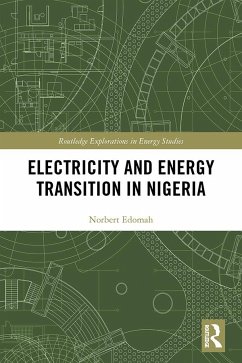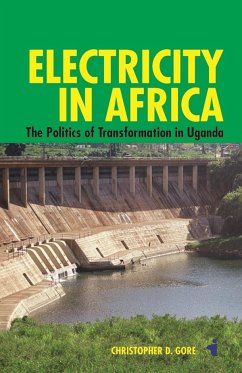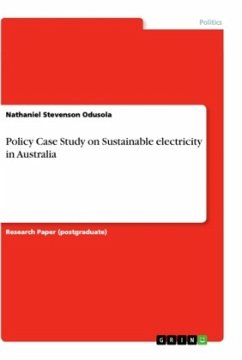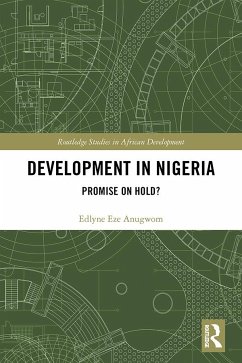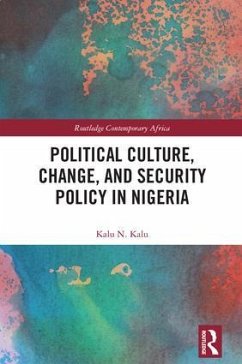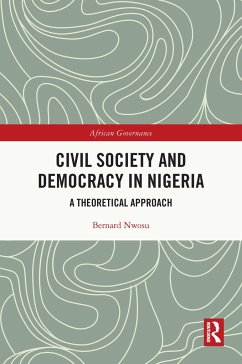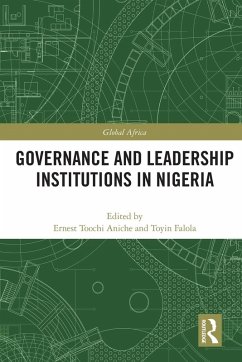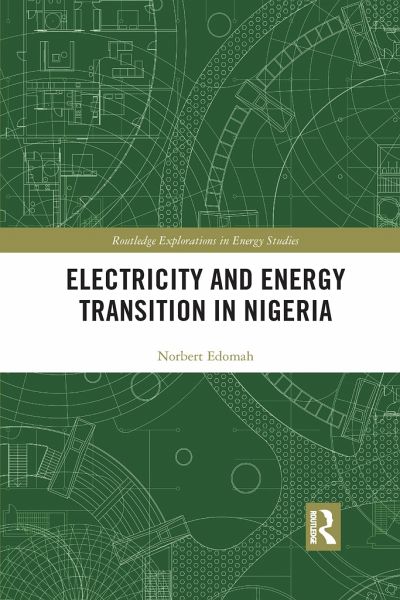
Electricity and Energy Transition in Nigeria
Versandkostenfrei!
Versandfertig in 1-2 Wochen
54,99 €
inkl. MwSt.
Weitere Ausgaben:

PAYBACK Punkte
27 °P sammeln!
This book provides readers with a detailed account of the dynamics of energy infrastructure change in Nigeria's electricity sector. It will be of great interest to students and scholars of energy transitions, energy technology and infrastructure, and African Studies more generally.





